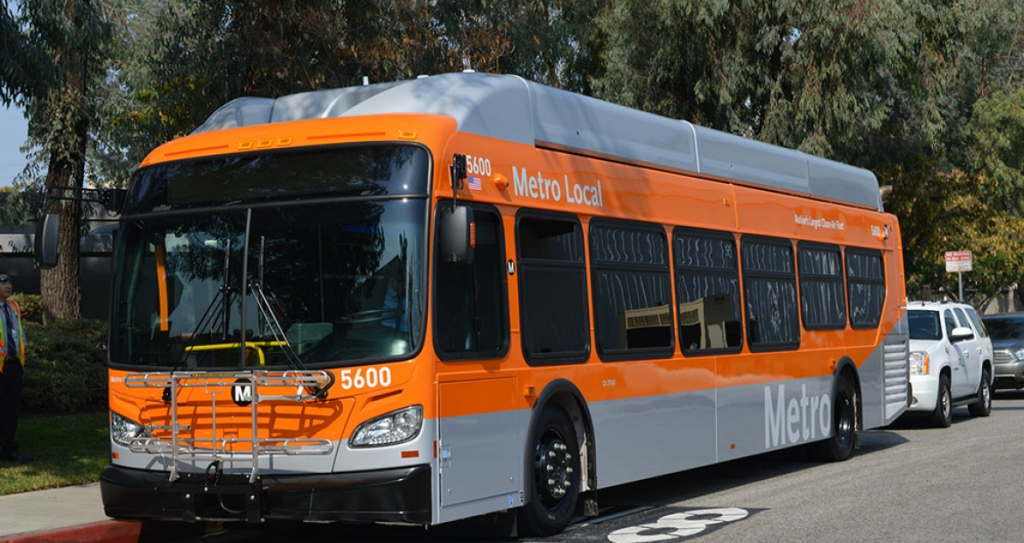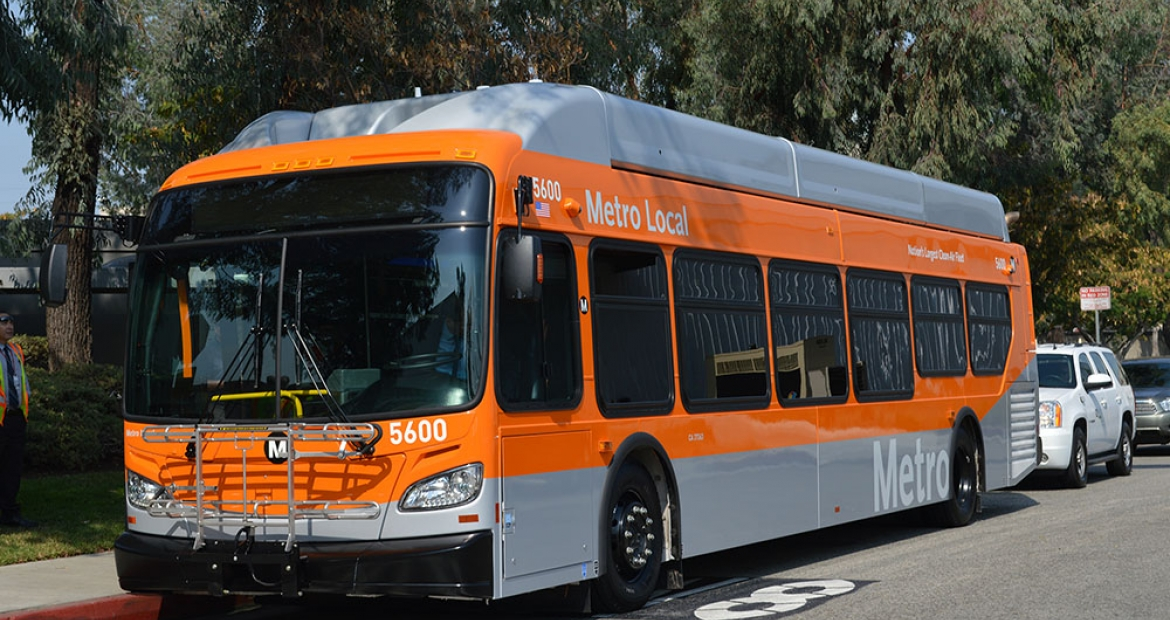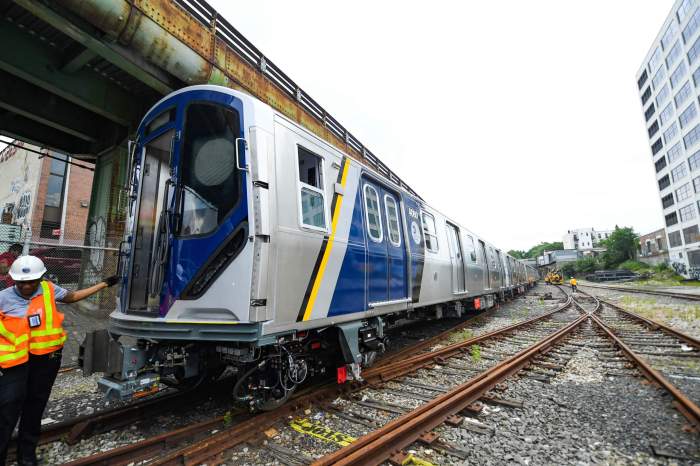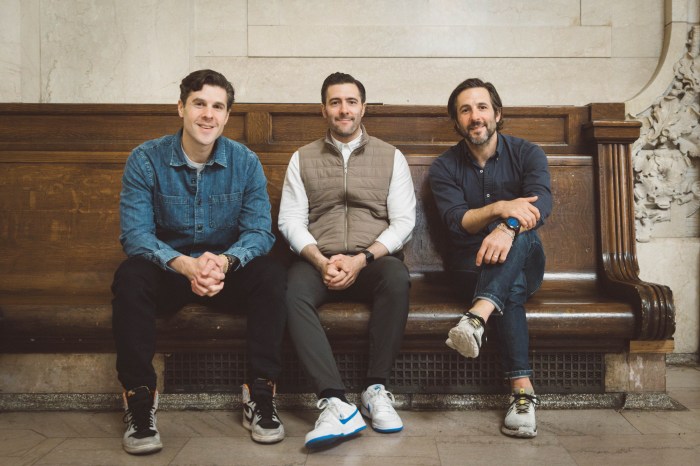BY ALEJANDRA O’CONNELL-DOMENECH | The Metropolitan Transportation Authority has made a bold move toward reducing greenhouse gas emissions.
Last month, the M.T.A. issued a request for proposals, or R.F.P., to purchase either biomethane, a gas produced from the decomposition of organic matter, or another renewable natural gas derived from nonfossil sources.
According to the R.F.P., the plan is to use the renewable fuel in 800 city buses by this August.

Joanna Underwood, founder of Energy Vision, a renewable-energy research nonprofit located on E. 13th St. that advocates for the use of the biogas for fuel, hailed the exciting news.
“For M.T.A. and any other bus or truck fleet that adopts it, this strategy enables them to meet or exceed the Paris goal not by 2050, but today,” she said.
Biomethane, is produced from the anaerobic digestion of organic matter, like plant material, sewage or manure, which is then collected all together into large vessels to create fuel. Organizations like Energy Vision advocate for the gas’s wide-spread use since they believe it can potentially put tons of waste to good use. The gas is also chemically the same as natural gas and can therefore be used in gas-powered vehicles.
Other supporters of the fuel’s use include Ydanis Rodriguez, chairperson of the City Council Transportation Committee, who last June wrote a letter to Mayor Bill de Blasio urging the city to explore using biomethane as a means to fuel buses that run on compressed natural gas, or CNG.
“This clean, domestic, renewable fuel is already being used in heavy-duty vehicles around the country — but not yet in New York City,” Rodriguez wroet.
Buses in Santa Monica, California, are all fueled by biomethane. In 2017, the Los Angeles County Metropolitan Transportation Authority purchased 295 compressed natural gas buses with the intent of fueling the vehicles with renewable natural gas, or RNG.
But some advocates, like Jim Walsh, a renewable energy policy analyst for Food & Water Watch, believe that biomethane does more harm than good. Like with any pipeline or structure harboring a gas, leaks are bound to happen. Those inevitable leaks would release a greenhouse gas 25 times more potent as a heat-trapping gas than carbon dioxide into the air. According to Walsh, biogas combustion emits the same contaminants as conventional gas, like carbon dioxide, ammonia, hydrogen sulfide and nitrogen oxides, which all contribute to smog and climate change. Walsh also added that the use of the biogas and the federal government’s incentivizing of anaerobic digesters enables the existence of the country’s factory farms, which produce greenhouse gases, along with other air and water pollutants.




































